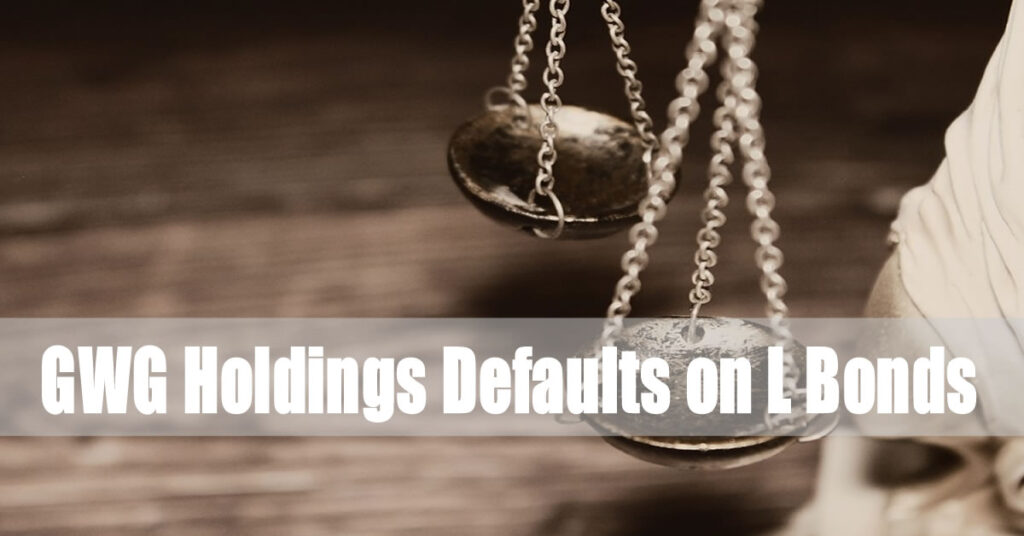I’m Emily Carter, a well-experienced financial analyst and author. In this discussion, I aim to shed light on a recent legal judgment that underscores the critical need for honesty and openness in the financial advisory domain. Financial consultant Phillip Conley, based in Jacksonville, FL., faced a suspension by the Financial Industry Regulatory Authority (FINRA) in 2015, due to his failure in settling an arbitration award levied against him. The very same advisor has now received a prison sentence exceeding 7 years for defrauding investors out of millions via sham investment schemes.
Although originally facing the potential of a 20-year sentence, Conley pleaded guilty to one count of securities fraud, as reported by the U.S. Attorney’s Office for the Northern District of West Virginia. Despite his previous suspension, he continued to falsely represent himself as an investment advisor, convincing even churches, pastors, family, and friends to invest in non-existent projects ranging from mineral rights to student housing construction. Incidentally, Conley squandered the funds on luxuries such as private jets and designer clothes.
On December 3rd, the court ordered him not only to serve 87 months in jail but also to give up any assets gained from his fraudulent activities and to pay back $4.9 million. Interestingly, the Securities Exchange Commission (SEC) had already targeted Conley earlier in April 2020, accusing him of swindling over $5.2 million from various investors, particularly targeting those with religious affiliations.
Understanding Securities Fraud
Let’s discuss what we mean by securities fraud. In general, it involves illegal actions designed to mislead investors or manipulate financial markets. Some common forms include insider trading, false representation by brokers, and excessive trading in client accounts to generate commissions, known as “stock churning.”
The key legislation governing these actions are the Securities Exchange Act of 1934 and the Securities Act of 1933, defining securities fraud as knowingly engaging in deceptive practices that influence the financial markets or lead investors to make decisions based on incorrect information.
 (AD) Lost money because of bad financial advice or outright fraud? You may get it back by filing a complaint. Haselkorn & Thibaut has 50+ years of experience and a 98% success rate. Don’t delay if you’ve suffered losses. (AD) Lost money because of bad financial advice or outright fraud? You may get it back by filing a complaint. Haselkorn & Thibaut has 50+ years of experience and a 98% success rate. Don’t delay if you’ve suffered losses. Call Haselkorn & Thibaut at 1-888-784-3315 for a free consultation, or visit InvestmentFraudLawyers.com to schedule. No Recovery, No Fee. |
“Securities” covers a broad category of investments, including stocks, bonds, commodities, options, and various types of investment contracts.
The Issue of Conspiracy in Securities Fraud
Conspiracy in securities fraud occurs when two or more people work together to defraud investors or manipulate the market. Interestingly, even minor participants in these schemes can be charged with conspiracy, which carries the same weight of penalties as committing the fraud itself. This strategy enables prosecutors to get lesser-involved individuals to testify against the main perpetrators in exchange for more lenient treatment.
I want to remind you of a powerful statement made by Warren Buffett: “It takes 20 years to build a reputation and five minutes to ruin it.” In financial services, trust is everything. Sadly, the story of Phillip Conley is a real-world example of the damage one person can inflict, not only on their own reputation but also on the lives of trusting individuals.
In fact, a notable financial fact you should be aware of is that a study by the National Bureau of Economic Research found that bad financial advisors significantly negatively impact the investment performance of their clients, often due to misconduct or unsuitable advice.
Always make informed decisions and thoroughly vet financial advisors. The impact of a bad advisor can be far-reaching and devastating. Rather than placing blind trust, it’s critical to check the credentials of professionals advising you on financial matters. A simple step like verifying an advisor’s FINRA CRM number can be the difference between safeguarding your financial future and falling prey to fraudulent schemes.
As an expert in finance with a deep understanding of these complex issues, I hope to empower you with knowledge and insights that help you navigate the investment landscape confidently and safely. Remember, protect your assets and reputation—they’re the foundation of your financial well-being.




